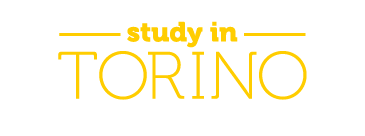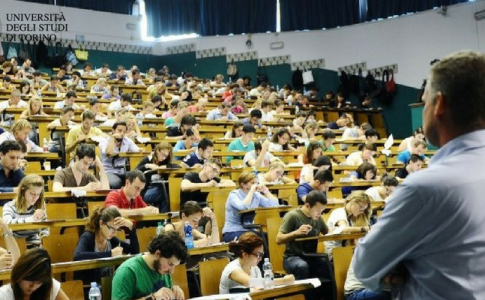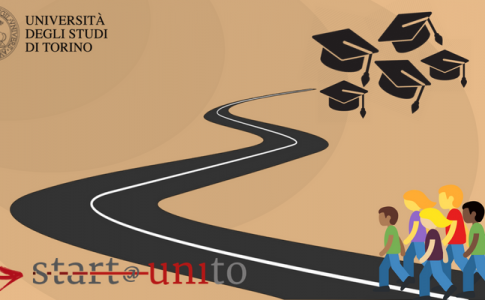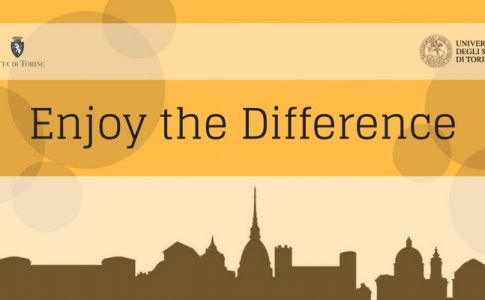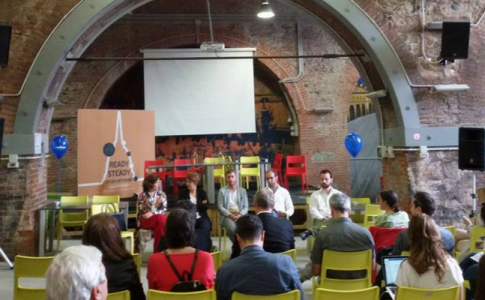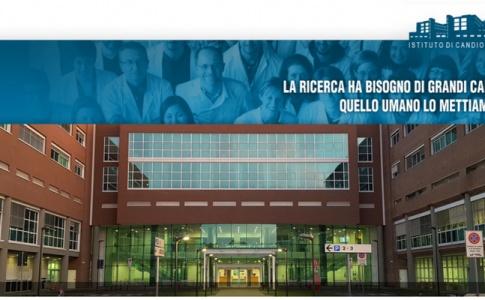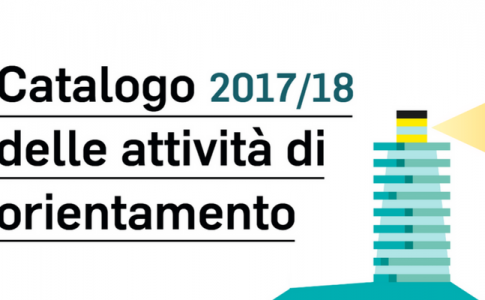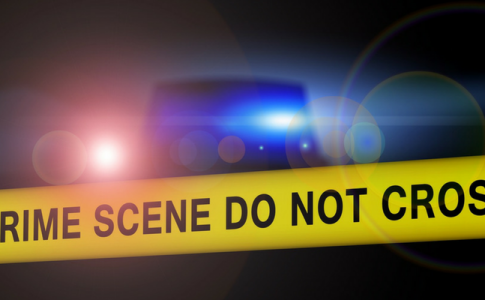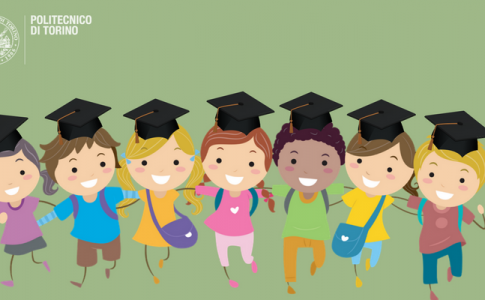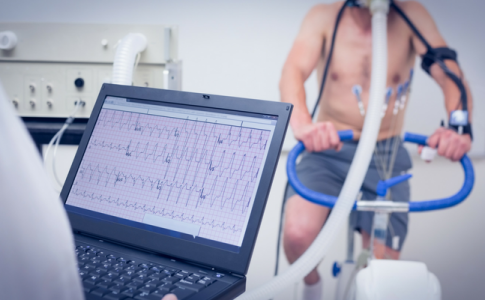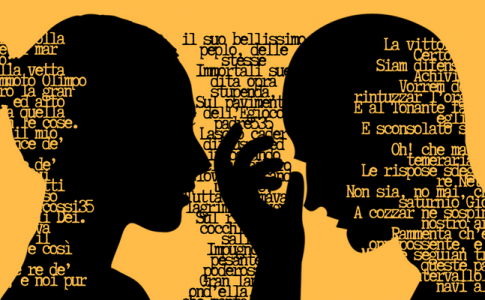Is the science which solves cases? Is it as simple as fictions make us believe? CSI, NCIS… science at the crime scene between truth and fiction will answer to these and other questions today, 7th May at the Auditorium “Cavallerizza Reale” of the University of Turin from 5p.m.
The event, organised by the Associazione Amici dell’Università di Torino has already aroused a lot of interest, there will be more than 400 participants. For booking you can call the number 011 660 42 84 or sending an email to info@amiciunito.it.
This exceptional interest is mainly due to the success of TV series but how real their settings?
Luciano Garofano, former Commander of the RIS Carabinieri of Parma and president of the Italian Forensic Science Academy answers to this questions:
“Fictions have timeframes that lead to accelerating and simplifying the work of the RIS; we must respect norms , which requires formalities in respect of the right of the individual: in real life we need to verifying, to summon all the parties and real times are extended in order to respect the laws. In addition, we must take into consideration serious and impeding problems: on one hand science is now offering to us incredible possibilities, so that a minimal hint is enough to have immediately available results, on the other hand however we are still lagging behind as regards procedures at the crime scene. So, for some aspects, we made lots of progress in the lab activity but the attention devoted to the crime scene as not improved at the same time. The techniques have improved the sensibility but also increased the risk of “innocent contamination” ; we need to make something in terms of training and improving procedures”
What’s the medical examiner’s point of view?
Roberto Testi, local health medical examiner of the City of Turin finds TV-series with his “colleagues” as protagonist interesting and often amusing.
“Actually, the reality is very less romanticized but sometimes more interesting than fictions. The reality has intuitions and offers some sparks that screenwriters cannot even imagine”
Scientific investigation will substitute the traditional one?
“Absolutely not” says Garofano “because scientific investigation must always be conceived in an optic of integration with traditional investigation. This latter offers the sparks without which the scientific investigation could not exist and vice versa”.
During the meeting, it will also be talked about the psychological approach to the criminal. Georgia Zara, Associated Professor of the Psychology Department of the University of Turin, deals with “sex offenders” and men who mistreat or kill women.
“my field of action is the phase which follows the sentence of the author of the crime, evaluation of the risk, social danger, how to deal with individuals with a sexual crime background..
With the Forensic medicine I’m working on a study on 264 women killed in the area of Turin from 1970 to this day; we are trying to understand what are the dynamics, the risk factors, the kind of relation with the murderer, what brought to the murder.
The psychologist plays a fundamental role, especially in understanding the risk of a criminal relapse. Why does an individual who has started a criminal career carry on with it? Often, the criminal careers of some individuals absorbs their whole life. Understanding the risk process at the core of this mechanism means be able to act at preventive level and intervene at a behavioural level on the factors that generate criminality”
And we come back to TV and to the question, if so many criminal programms coul have a negative impact on the spectators.
How has the profession of the scientific investigator transformed itself during the years?
Sergio Festa, retired Chief Warrant Officer , already operating in the RIS Carabinieri of Turin answers the question:
“Here in Turin, from a three-drawers wardrobe containing cameras and magnifying glass , we created a laboratory. For us, the first turning point happened in 1990, with the investigations on Donato Bilancia (serial killer operating between Piedmont and Liguria) and the case of Erika and Omar (the Novi Ligure murder). A turning point in particular as to regards the faith given to the forensics that allowed to solve these cases”
The second part of the meeting will be devoted to the training. How can you become a scientific investigator, which kind of studies and specialisations are requested? All what you need to know in order to become a real “Gil Grissom” will be explained by Professors of the University of Turin among whom Giancarlo Divella (Forensic Medicine) and Cristina Giacoma (Sciences of Life and Biology of the Systems).
Speakers
Luciano Garofano, former Commander of the RIS Carabinieri of Parma and President of the Italian Forensic Science Academy
Sergio Festa, retired Chief Warrant Officer , already operating in the RIS Carabinieri of Turin
Roberto Testi, local health medical examiner of the City of Turin
Alessio Ferrara Forensic Biologist
Paolo Garofano Laboratory Director Forensic Biology
Alberto Mittone Criminal attorney at the Court of Turin
Onelio Dodero member of the group Organised Crime and Urban Security of the Public Prosecutor’s Office of Turin
Georgia Zara, Associated Professor of the Psychology Department of the University of Turin
Giancarlo Divella Ordinary Professor in Forensic Medicine and Director of the Graduate School in Forensic Medicine of the University of Turin
Giuliano Carlo Geminiani, Director of Criminal and Forensic Psychology at the University of Turin
Cristina Giacoma, Director Sciences of Life and Biology of the Systems
Marco Vincenti, Director of the Chemistry Department of the University of Turin
